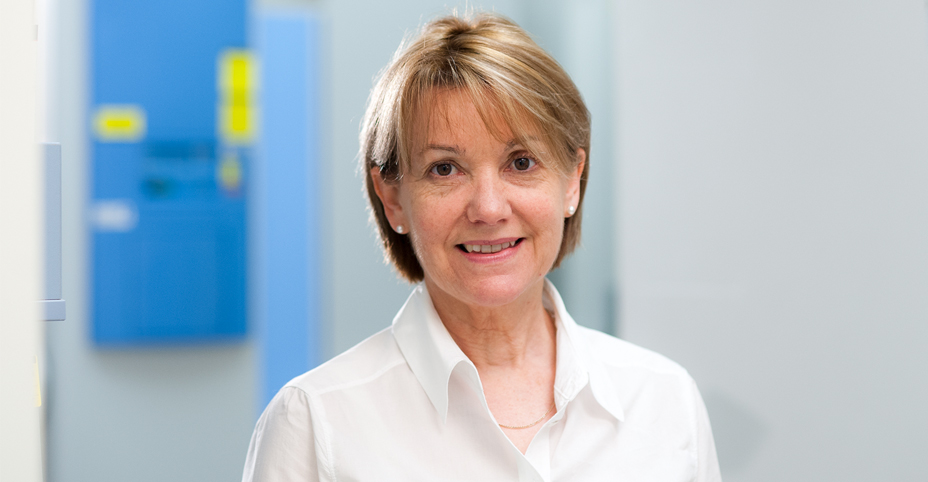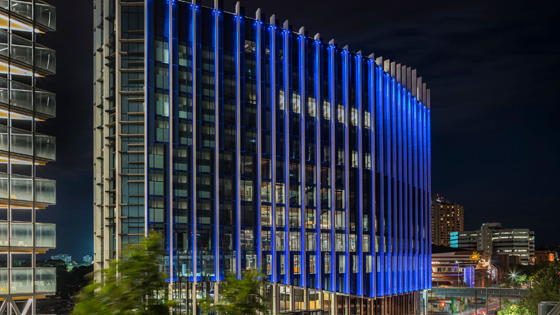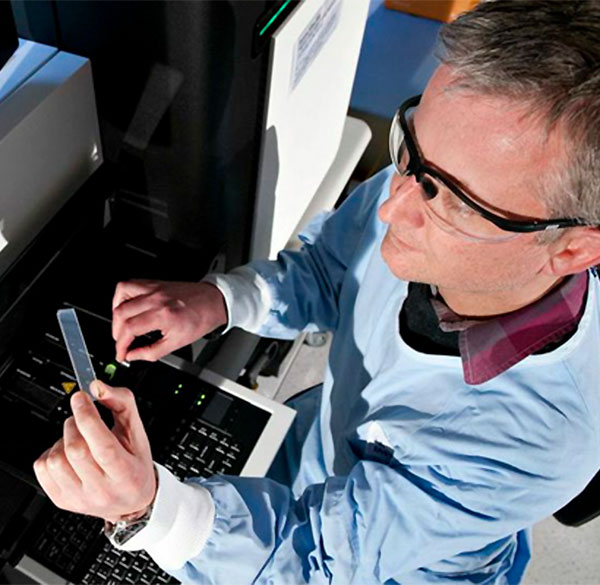
Associate Professor Susan Branford, Head of the Leukaemia Unit, Department of Genetic and Molecular Pathology, Centre for Cancer Biology
Associate Professor Susan Branford and her team are researching the rare blood cancer, chronic myeloid leukaemia (CML), to improve the lives of patients living with the disease and better identify those at risk of failed treatment and disease relapse.
Without therapy, survival for patients with chronic myeloid leukaemia (CML) is devastatingly poor. However, with the introduction of new targeted therapies over the last decade, most patients now respond well to treatment and many have a normal life expectancy. Some may even be able to stop therapy after many years and maintain treatment free remission.
Unfortunately, not all CML patients respond well to treatment and some develop drug resistance. These patients are at risk of transforming to a potentially fatal acute leukaemia.
“Patients with CML have diverse genetic makeup which can make it difficult to predict who will respond well to treatment and who needs a different approach to give them a chance of long term survival,” says Associate Professor Branford.
"We are exploring the genomic variations of the disease that are associated with these differences in response to treatment so that we can develop biomarkers to identify patients at risk of disease relapse.”
CML is linked to two genes that mutate and fuse together to become an oncogene (a tumour inducing gene) called BCR-ABL1. If a patient develops resistance to drugs that bind with the BCR-ABL1 gene they are at increased risk of the disease progressing into the acute phase where the number of immature white cells (blasts) increases to high levels in the blood. Without appropriate treatment, these individuals have high mortality risk.
“By exploring the BCR-ABL1 gene defect, we can gain a better understanding of how well a patient will respond to therapy.”
Assoc Prof Branford’s team are also comparing the genetic differences between patient groups to better understand why there are different responses to therapy and outcome.
“Patients who respond well to treatment are being compared to those who had the poorest outcome. This work will also allow us to develop novel diagnostic tests to better predict response in order to guide appropriate drug therapy. It may also aid in the future development of drug therapies to combat drug resistance.
"Ultimately we hope to give haematologists the information they need to make the very best treatment decisions to maximise their patient’s chance at beating the disease.”
Earlier this year Susan was recognised for her work on molecular monitoring to improve the outcome for people with CML by the International Federation of Clinical Chemistry and Laboratory Medicine with an Award for Significant Contributions in Molecular Diagnostics.
Your support will help Associate Professor Susan Branford and her team continue their research into the future.

When you give today, 100% of your donation will go directly to the researchers - with no admin fees or hidden costs.
The University of South Australia (UniSA) is committed to tackling one of our most challenging diseases – cancer – by establishing the largest cohort of cancer researchers ever assembled in South Australia. Every day our experts are getting one-step closer to saving more lives as well as improving the quality of life for cancer survivors. But they need your help.
